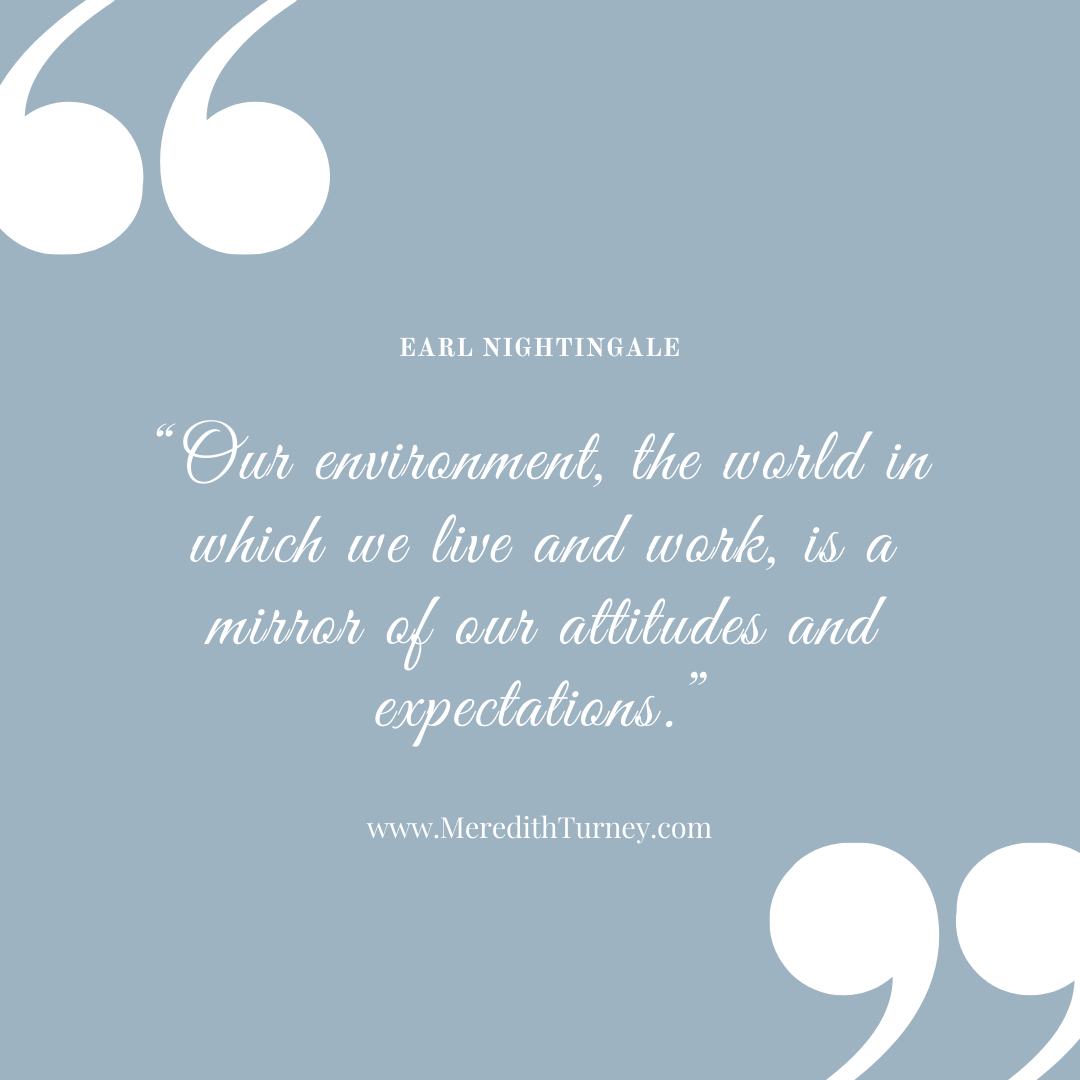One of the chief complaints from employees is that their supervisor doesn’t give them credit for a good idea they share or the success of a project they owned. Or even worse, the supervisor takes the credit themselves. In its Bad Boss Index, HR Bamboo lists “taking credit for employees’ work” as the number one worst manager behavior.
In the current workplace, “credit” is considered essential for advancing a career. Without proper credit, how would people get promotions or raises? So it’s understandable such a high value is placed on receiving credit for ideas or successful projects.
This need for credit seems to counter the famous quote President Ronald Reagan championed as a personal motto: “There is no limit to what a man can do or where he can go if he does not mind who gets the credit.”

For the conscious leaders who want to rethink how we structure the modern workplace, it seems like there’s a tension between humility, team work and the need for recognition. There is no doubt individual team members have career ambitions and want to feel like the work they do is recognized. But humility and teamwork are equally important for building a strong organization.
Business consultants Josh Baron and Rob Lachenauer suggest we rethink the “credit” system because in such a system, “everyone focuses on what he or she did personally for the success of the business, denying the contributions of others. The problem with the credit game is that it’s generally a zero-sum game. For Jim to win, Jane has to lose. Placing too much emphasis on individual accomplishments saps everyone’s willingness to sacrifice for a collective goal. “
Instead, consider ways to show genuine appreciate for each team member, the key contributions of each, and how they complement each other. Perhaps Jane did have the idea, and she is recognized for that in front of the team. Then Jim and the rest of the team are also recognized for their valuable contributions moving the idea forward as well. Each team member is appreciated for their unique contributions, while building the team’s overall confidence and synergy by showing how each strength complements the others.
If you’re an employee who constantly feels overlooked or unappreciated, there are a few things you can do:
1) Give public appreciation to others. That energy of gratitude will spread throughout the team. In karmic terms, what goes around comes around.
2) Learn how to talk about your accomplishments in a way that demonstrates your humility and talent at the same time.
3) Work on your internal energy. As Earl Nightingale once shared, “Our environment, the world in which we live and work, is a mirror of our attitudes and expectations.” How do you acknowledge and appreciate yourself? Once you start working on your own self-worth, your energy will shift, and those around you will reflect that internal shift as well.

It may feel like a matter if semantics to distinguish between credit and appreciation. But the energy, or motivation, behind the two is important to note. One is a based on a self-focused point system; the other on genuine recognition of talent and how a team’s strengths complement each other. Conscious leaders are aware of these subtle yet significant energetic distinctions. It’s these kinds of shifts that will create a workplace that works for all.
Work happy. Live happy. BE happy.
Meredith
Meredith’s coaching helps conscious leaders step courageously into the future of work. Contact her to develop your conscious leadership and transform your organization into the workplace of the future.
Did you know that paid subscribers to this newsletter receive exclusive insights on conscious leadership, remote work success, remote team building, and the future of work? Upgrade your subscription today!
Connect with Meredith on Instagram, Facebook, YouTube, Twitter, and LinkedIn for video content related to these topics.


